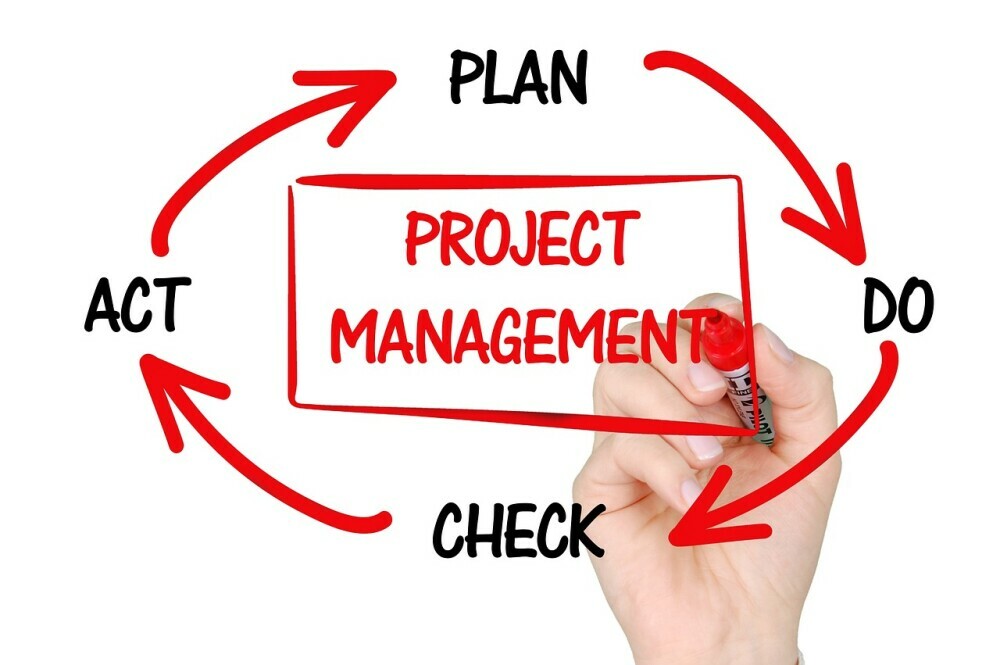
Project Scope Management: The Cornerstone of Project Success
Project scope management is the often-overlooked backbone of successful project delivery. It’s the art and science of defining, controlling, and managing the project’s boundaries. In essence, it’s about ensuring that the project delivers exactly what it set out to achieve, without unnecessary overruns in time, cost, or resources.
Understanding Project Scope Management
Project scope refers to the specific work that needs to be done to deliver a project. This includes the project objectives, deliverables, and the work required to produce those deliverables. Effective scope management is crucial for several reasons:
- Clarity and Focus: It ensures that everyone involved in the project understands the project’s goals and deliverables.
- Cost Control: By defining the project scope clearly, you can accurately estimate costs and prevent budget overruns.
- Schedule Adherence: A well-defined scope helps in creating realistic project timelines and preventing delays.
- Quality Assurance: By focusing on the defined scope, you can ensure that the project delivers the expected quality.
The 5 Phases of Project Scope Management
Project scope management typically involves five key phases:
- Initiation: This phase involves defining the project’s goals, objectives, and stakeholders. It’s crucial to clearly articulate what the project aims to achieve and who is involved.
- Scope Planning: During this phase, the project team creates a detailed project scope statement, outlining the project’s deliverables, boundaries, and acceptance criteria.
- Scope Definition: This involves breaking down the project scope into smaller, manageable components and creating a Work Breakdown Structure (WBS).
- Scope Verification: Once the project deliverables are complete, they are formally reviewed and accepted by the stakeholders.
- Scope Control: This ongoing process involves managing changes to the project scope and ensuring that any changes are documented and approved.
Best Practices in Project Scope Management
Effective scope management requires a combination of planning, communication, and control. Here are some best practices:
- Engage Stakeholders: Involve stakeholders throughout the project to ensure their needs and expectations are met.
- Utilize Scope Management Tools: Employ project management software to track scope changes and create a clear overview of the project.
- Clear Communication: Maintain open and transparent communication with all project stakeholders.
- Regular Reviews: Conduct regular scope reviews to identify potential changes and address them promptly.
- Avoid Scope Creep: Implement change control processes to minimize the impact of scope changes.
Real-World Applications
Numerous successful projects owe their success to effective scope management. By carefully defining project boundaries, managing changes proactively, and maintaining clear communication, organizations can deliver projects on time, within budget, and to the satisfaction of stakeholders.
In conclusion, project scope management is a critical component of successful project delivery. By following the outlined phases and best practices, you can significantly enhance your project’s chances of success.
Would you like to delve deeper into a specific aspect of project scope management, such as scope creep or the use of scope management tools?
If you would like to discuss any sort of project management, do not hesitate to call Alan on 07539141257 or 03332241257, or +447539141257 or +443332241257, you can schedule a call with Alan on https://calendly .com/alanje or drop an email to alan@alpusgroup.com.
